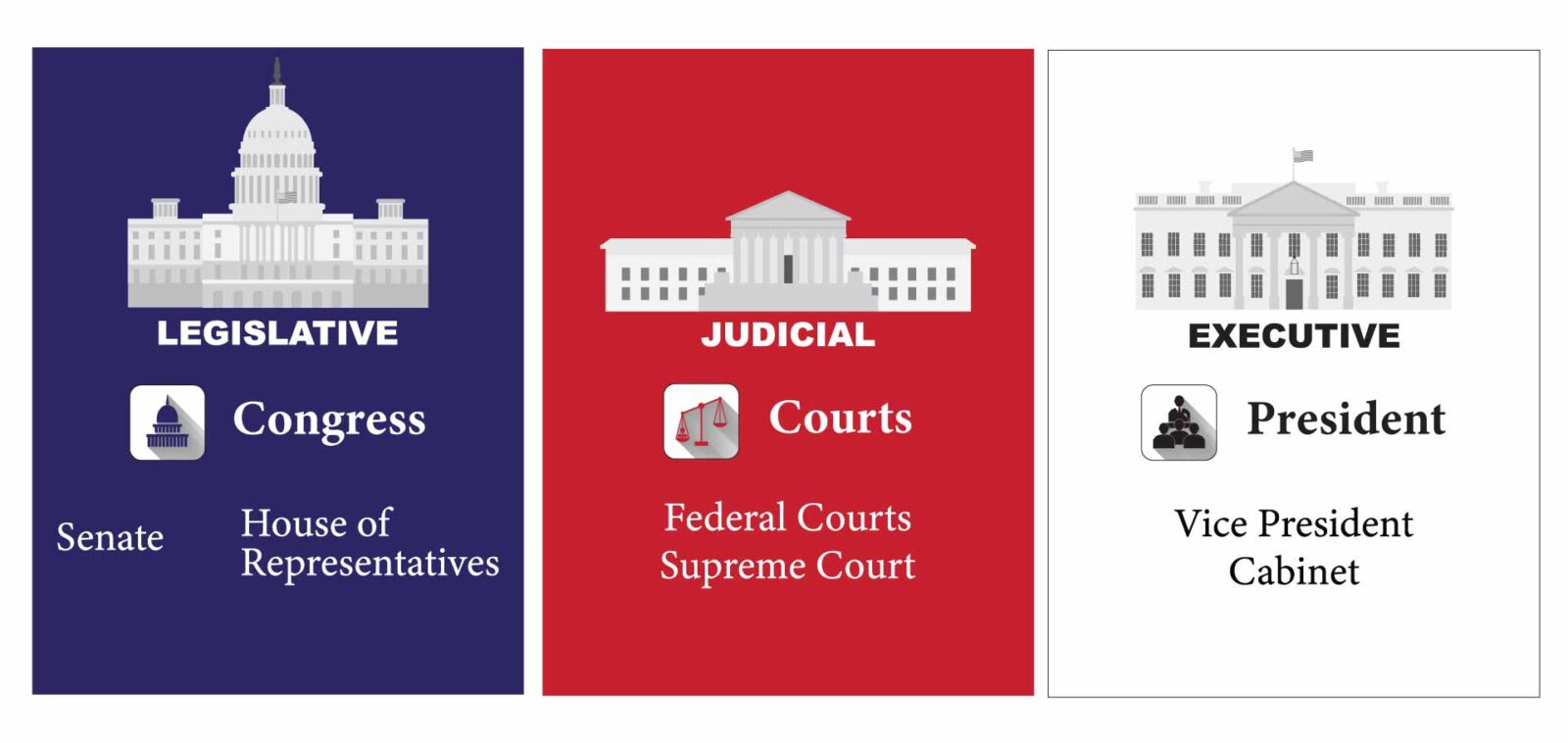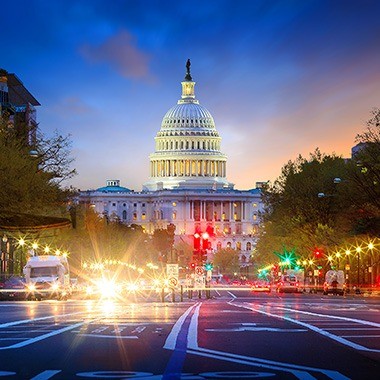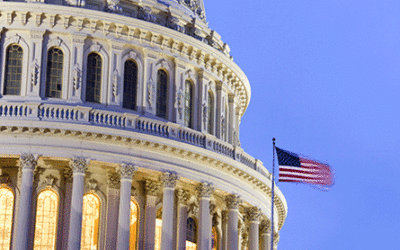Branches of
Government


Legislative
The legislative branch drafts proposed laws , confirms or rejects presidential nominations for heads of federal agencies, federal judges, and the Supreme Court, and has the authority to declare war.
Judicial
The judicial branch interprets the meaning of laws, applies laws to individual cases, and decides if laws violate the Constitution. It’s comprised of the Supreme Court and other federal courts.
Executive
The executive branch carries out and enforces laws. It includes the President, Vice President, the Cabinet, executive departments, independent agencies, and other boards, commissions, and committees.
Interesting Facts about Congress
The Capitol is rich with history – some you might have studied some of it in school or heard on field trips, but there are lesser-known facts that are just as fascinating that keep Congress running...
Insane Filibusters in Congress
The filibuster is a method of prolonging debate, discussion or votes being made on a proposal or legislature. It delays the passage of bills. Filibuster comes from the French word...
Why Congress Isn’t Working for Us
Government can be a tricky minefield to navigate. Especially if you don’t have extensive knowledge on how it all works and what’s the best way to be involved. The simple fact is our...
Our Constitution and the Branches of Government
There’s no escaping it – every aspect of our lives is in some way affected by legislation and politics. Even though it’s everywhere, there is still confusion about how our government functions. From...
Covering All the Branches: What’s Happening in All Three Branches of Government
Even with multiple news outlets, twitter, and around-the-clock news coverage, it can still be hard to know everything that’s happening within each branch of government. While the information below...
Trump Discusses the Possibility of Buying Greenland
President Trump has been known to shock people with his political style and policies. His latest surprising political play is his venture to purchase the country Greenland. Greenland is one of the...
Information is knowledge






